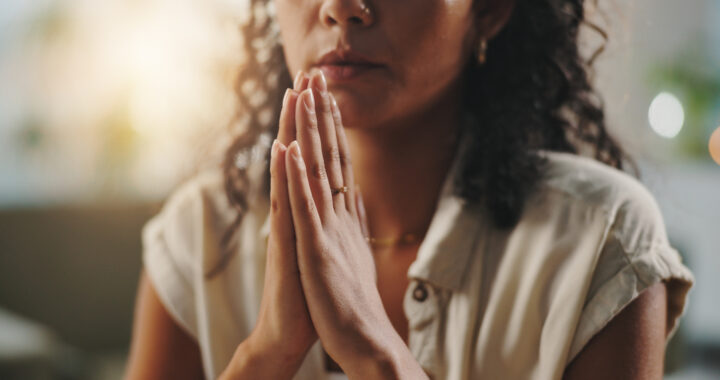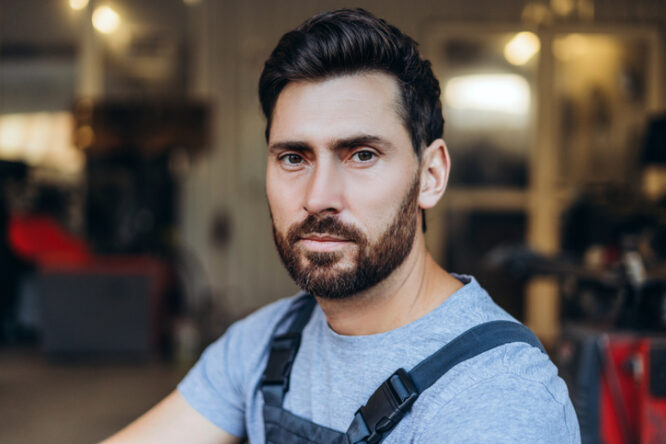Coming out has become more common, more visible, and more supported than ever, at least for younger generations.
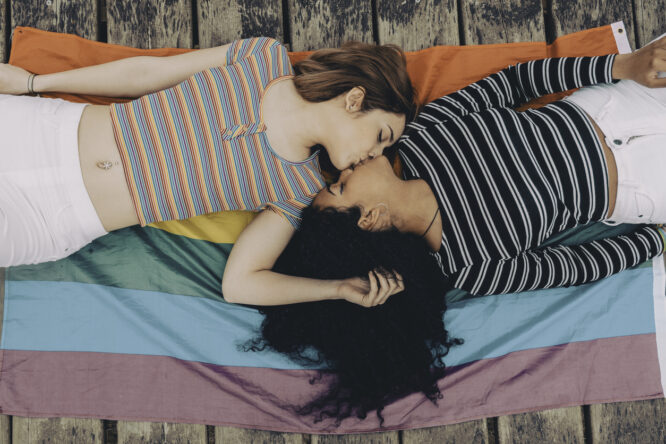
In the UK, it’s not unusual to hear Gen Z speak openly about their sexuality or gender identity with a kind of ease that older generations never had. In fact, the Office for National Statistics (ONS) reveals that 14% of Gen Z identifies as bi or pansexual, and an additional 15% are said to fall into another bracket of queerness.
That’s great, but it begs the question: if things are “easier now,” why haven’t more older Brits come out too? The truth is, it’s not just about acceptance. It’s about time, trauma, fear, and the deep ways people learn to hide. Here’s why many from older generations are still staying silent.
1. They grew up with laws that criminalised who they were.
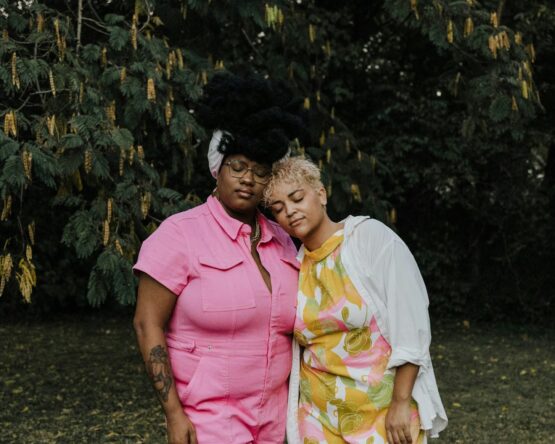
For older Brits, especially those born before the 80s, same-sex relationships weren’t just taboo, they were illegal. The fear wasn’t social discomfort. It was prison, job loss, family rejection. That kind of conditioning doesn’t just disappear because culture moved on. Even after decriminalisation, the emotional fallout stuck around. You can’t expect people who were taught to fear themselves to suddenly feel safe just because the law changed.
2. Visibility wasn’t an option because they had to survive.
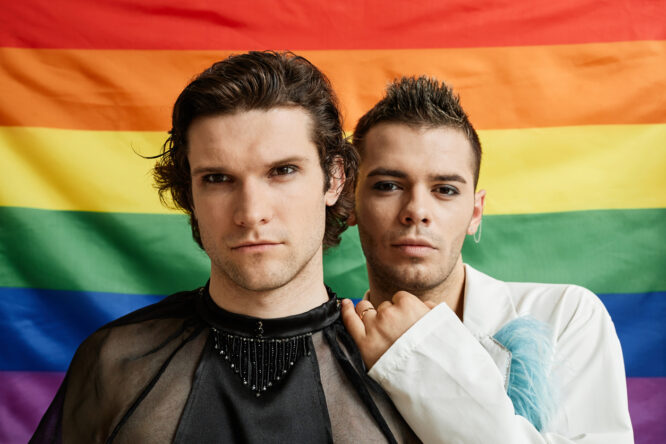
While younger people now grow up seeing LGBTQ+ characters on TV and entire months dedicated to Pride, older generations had no such luxury. Many of them never saw someone like themselves represented without shame or mockery. So, survival meant blending in. Staying safe meant staying invisible. Coming out now doesn’t just mean being honest. It can feel like risking everything they built to stay protected.
3. They’ve built lives around staying in.
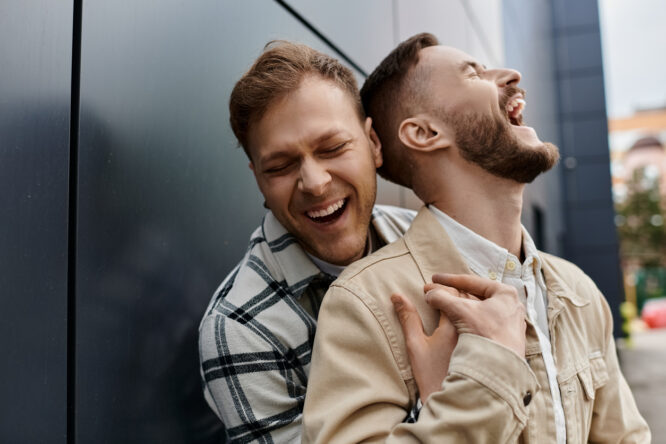
When you’ve spent decades crafting a life where no one questions your straightness, the idea of undoing that feels overwhelming. There might be a spouse involved, children, a religious community, or just a whole identity shaped around what you never said out loud. For many, it’s not shame keeping them in the closet, it’s logistics. Coming out would mean starting over, and not everyone has the energy, support, or safety net to do that late in life.
4. They don’t feel welcome in the modern queer scene.
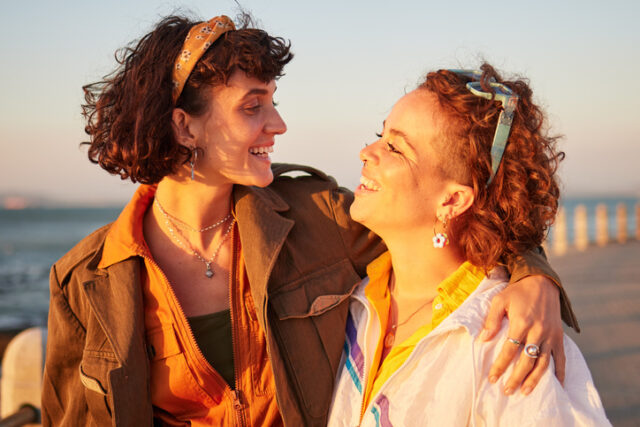
Let’s be real: today’s LGBTQ+ spaces can sometimes feel geared towards youth. Clubs, apps, and even Pride events can feel alienating if you’re older and still figuring things out. There’s pressure to already know who you are, and to be bold about it. For someone still unpacking years of internal conflict, that can feel more isolating than liberating. Safe spaces aren’t always age-inclusive, and that keeps a lot of people out.
5. Shame runs deep, and it doesn’t vanish with time.
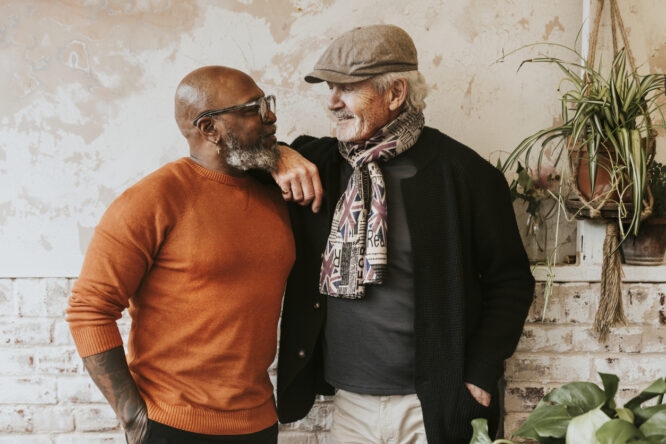
Many older people internalised messages about queerness being wrong, sinful, or disgusting from an early age. Even when they no longer believe those things intellectually, the shame still lives in their body. It whispers, “You missed your chance.” This isn’t about lacking courage. It’s about years, sometimes decades, of hiding, repressing, and disconnecting from yourself. Coming out later in life often means confronting all of that, and that’s not a small task.
6. There’s fear of losing everything.
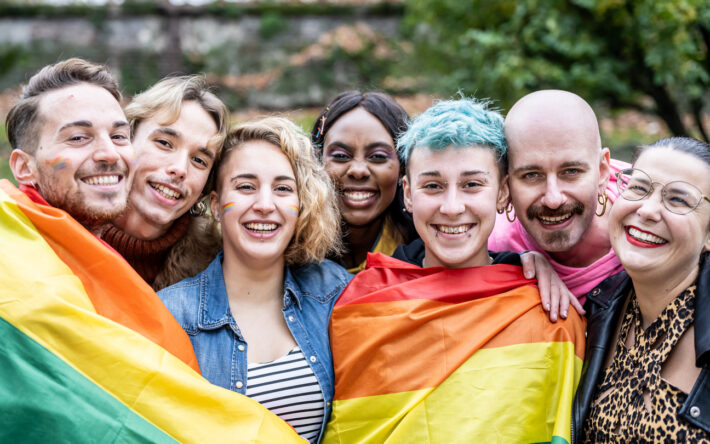
Younger people often come out while still building their adult lives. However, for older people, their lives are already built. Relationships, reputations, homes, and careers are all established, and there’s a real fear of what could unravel if they come out. It’s not paranoia, either. Some do lose family, marriage, or even financial stability. The stakes are different when you’re not 22 with flatmates. You’ve got roots that could be pulled up.
7. They’ve convinced themselves it’s “too late.”
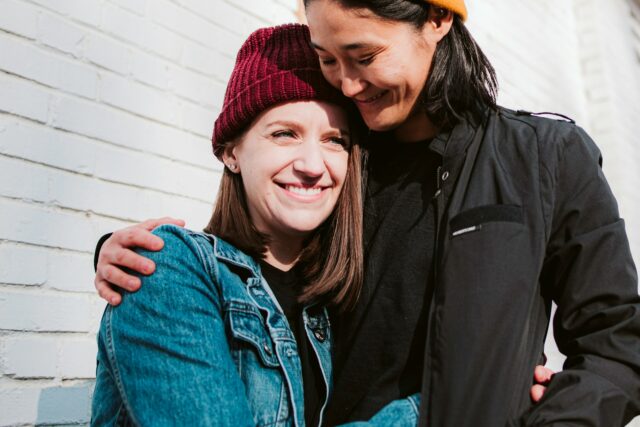 Source: Unsplash
Source: Unsplash One of the most heartbreaking reasons older generations stay closeted is because they believe they missed the boat. That coming out now would just be awkward, sad, or pointless. That they’d look ridiculous trying to find themselves at 60 or 70. That’s not true, but it feels real to them. The idea of starting fresh with love, identity, or even just language feels like something only the young get to do.
8. They still face rejection, even in “open” families.
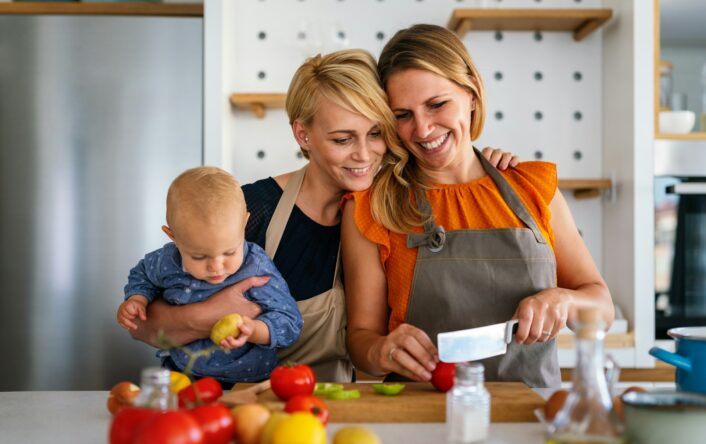
Just because their kids or grandkids support the LGBTQ+ community in theory doesn’t mean they’re ready to accept that reality within their own family. There’s often a gap between political support and personal comfort. For older people, this means that even in supposedly progressive families, they could still face awkwardness, confusion, or emotional distance. It’s not always the rainbow welcome they hope for.
9. Religion and tradition still hold major weight.
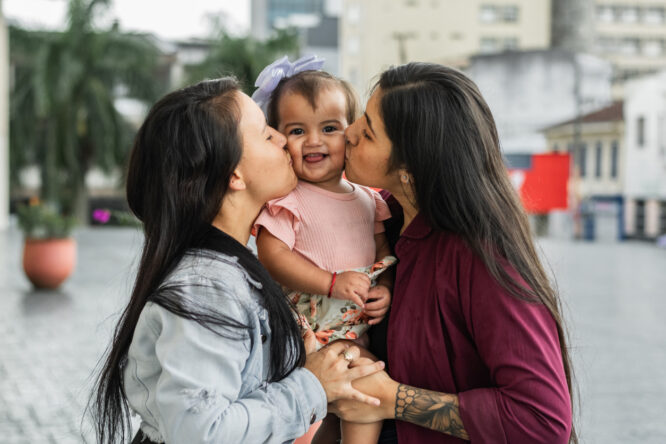
Many older Brits were raised in deeply religious or conservative homes, where identity wasn’t just a personal matter. It was tied to morality, duty, and family pride. Even if they’ve outgrown those ideas, they often still carry the guilt. Coming out would mean confronting not just their own beliefs, but the expectations of parents, communities, and even their own children. That kind of weight doesn’t lift easily.
10. They weren’t taught the language to express it.
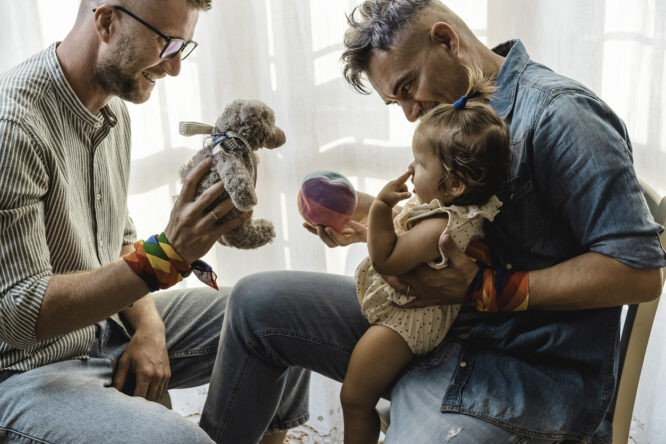
Labels like non-binary, pansexual, or even bisexual weren’t part of the vocabulary when many of these people were growing up. Even “gay” was rarely used in a positive way. So they often struggle to find the words to describe how they feel. Without the right words, it’s hard to come out. You can’t declare who you are if you’re still figuring out what that means for you.
11. The past still hurts.

Some older people tried to come out once, and got burned. Maybe they were rejected, bullied, institutionalised, or worse. That pain doesn’t just vanish because society has become more accepting. As a result, they learn not to try again, even if the world is safer now, their memory of it isn’t. That trauma keeps the closet door shut, even if the lock’s no longer there.
12. They don’t see enough people like them.
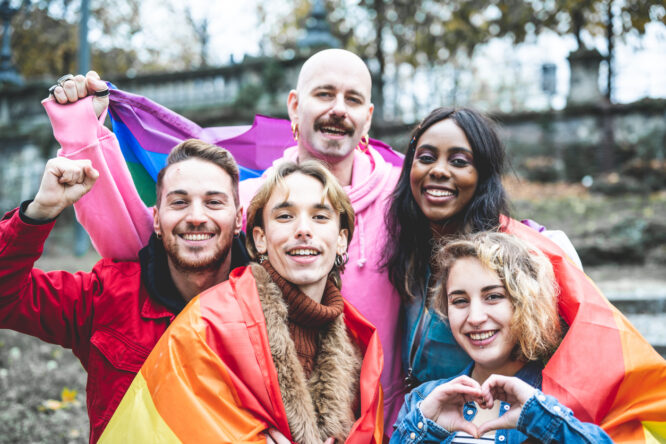
Representation matters, and when you’re older and queer, you don’t see yourself on telly, in media, or in activism spaces nearly as much. There’s this subtle, albeit false, message that queerness has an expiry date. If they saw more out, thriving older LGBTQ+ people, they might feel braver. However, when the visibility drops off after a certain age, it’s hard to believe there’s still a place for you.
13. They’re afraid of being judged for “lying” or “wasting time.”
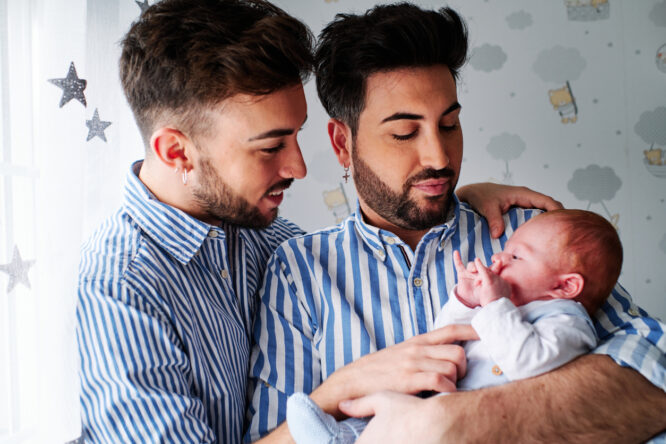
Even when people are supportive, there’s sometimes this subtle judgement, like, “Why didn’t you say something sooner?” or “What about your partner/kids?” That makes it harder for someone to be open now. They feel like they’ll be seen as dishonest or selfish. The truth is, they weren’t lying. They were surviving. Still, that fear of being misunderstood still lingers, and it stops people from speaking up.
14. They were never told it was okay.

At the end of the day, a lot of older Brits never got that simple message that being LGBTQ+ was normal, safe, or worthy of love. No one said, “It’s okay to be who you are.” That silence became a cage. Younger people now grow up with language, support, and visible role models. Older people grew up with fear and silence. Unless we start actively reaching out to them, with compassion, not pressure., many will stay there.


